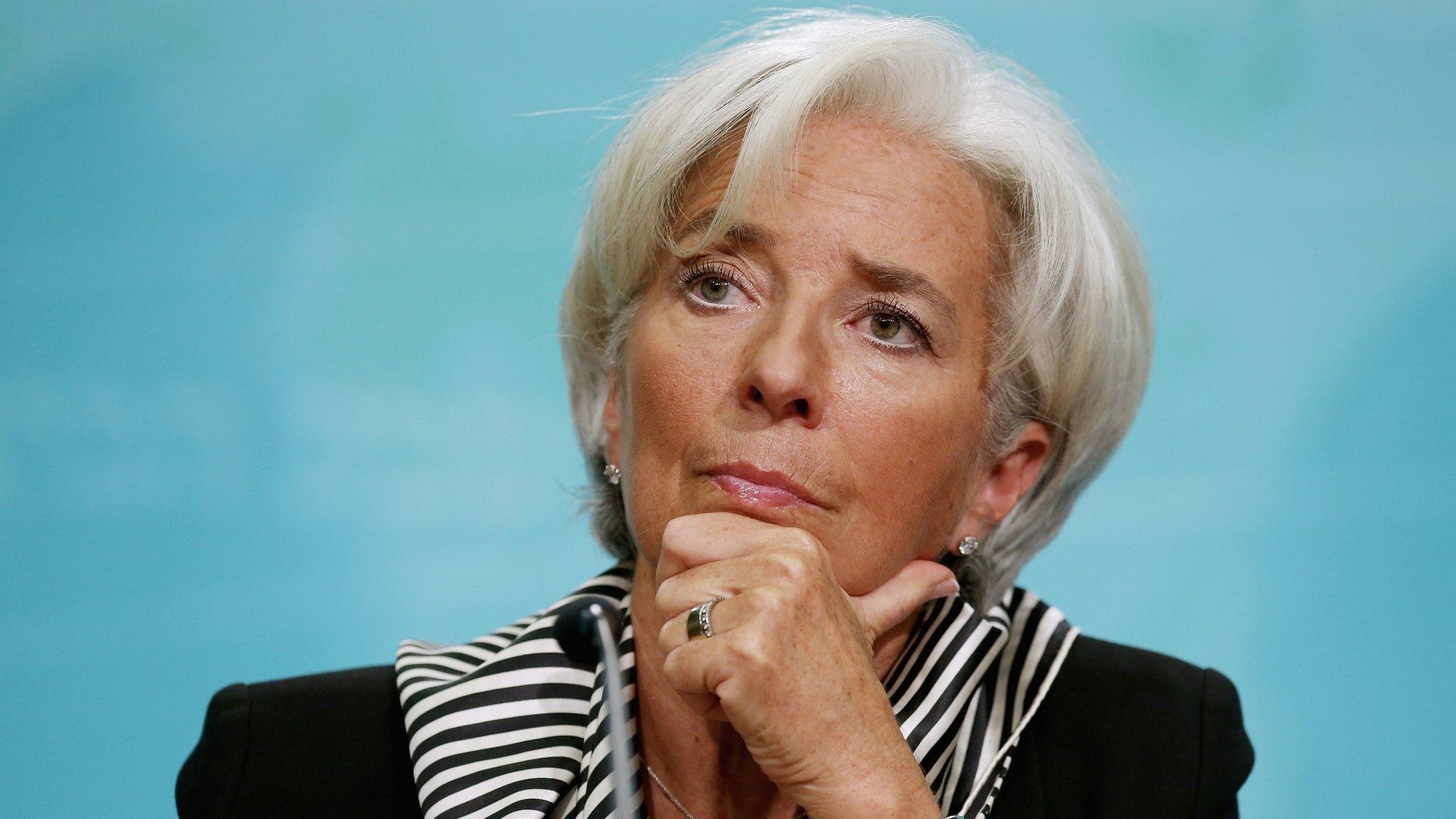Tapie affair: Background to case
- Published
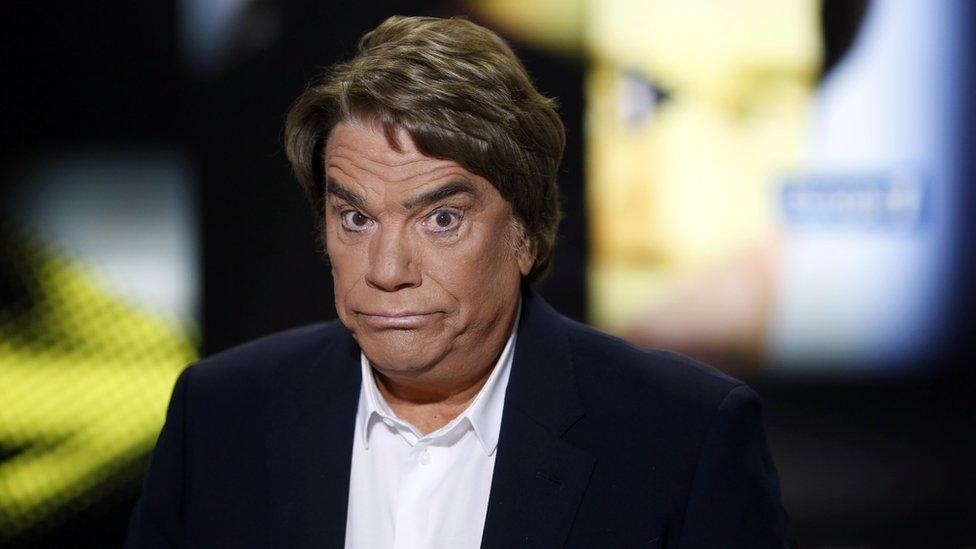
Bernard Tapie is a flamboyant businessman who has served time in prison
IMF chief Christine Lagarde is to face trial in France, accused of negligence for her role in a long-running financial case centred around the businessman Bernard Tapie. What's it all about?
How did this all start?
The case dates back to the Francois Mitterand era and centres around the business interests of the flamboyant Mr Tapie.
In 1993 the businessman sold his majority stake in the sports giant Adidas in order to become a cabinet minister under the Socialist Mr Mitterand.
Mr Tapie subsequently sued the French bank Credit Lyonnais which bought the stake, accusing the bank of defrauding him by undervaluing the company.
The court battle was still rumbling on in 2007 when the hugely wealthy former Socialist minister switched sides and backed the centre-right candidate Nicolas Sarkozy for president.
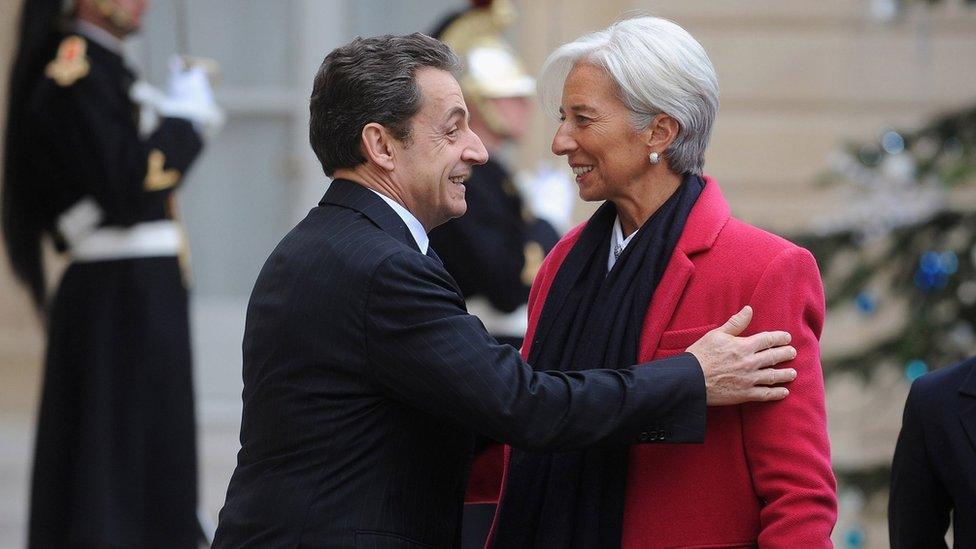
Ms Lagarde was previously finance minister in Nicolas Sarkozy's administration
Some months later, Mr Sarkozy's new Finance Minister, Christine Lagarde, intervened in the judicial case and ordered that the dispute should go to binding arbitration.
In 2008 the arbitration panel of judges ruled that Mr Tapie should receive damages of €285m (€404m after interest added).
Ms Lagarde denies any wrongdoing in the case.
A French appeal court ruled in December 2015 that Mr Tapie should pay back the compensation.
When will we see Ms Lagarde in a courtroom?
The Court of Justice of the Republic decided - contrary to a prosecutor's statement in September 2015 - that Ms Lagarde does have a case to answer.
The charge she faces is "negligence by a person in position of public authority", which carries a possible sentence of one year in jail.
She appealed against the decision to send her to trial but the appeals court ruled against her, meaning the trial will go ahead.
The court in question is a special body which exists to try government ministers and former ministers.
Will this case have an impact on Christine Lagarde's work as managing director of the IMF?
Well, the IMF doesn't seem to think so. This is what it had to say: "As we have said before, it would not be appropriate to comment on a case that has been and is currently before the French judiciary. However, the Executive Board has been briefed on recent developments related to this matter, and continues to express its confidence in the managing director's ability to effectively carry out her duties. The board will continue to be briefed on this matter."
French Finance Minister Michel Sapin also said in December 2015 the case should not be an obstacle to her duties:
"She's innocent until proven guilty, so I don't see how this should prevent her from carrying out her current duties," Mr Sapin said.
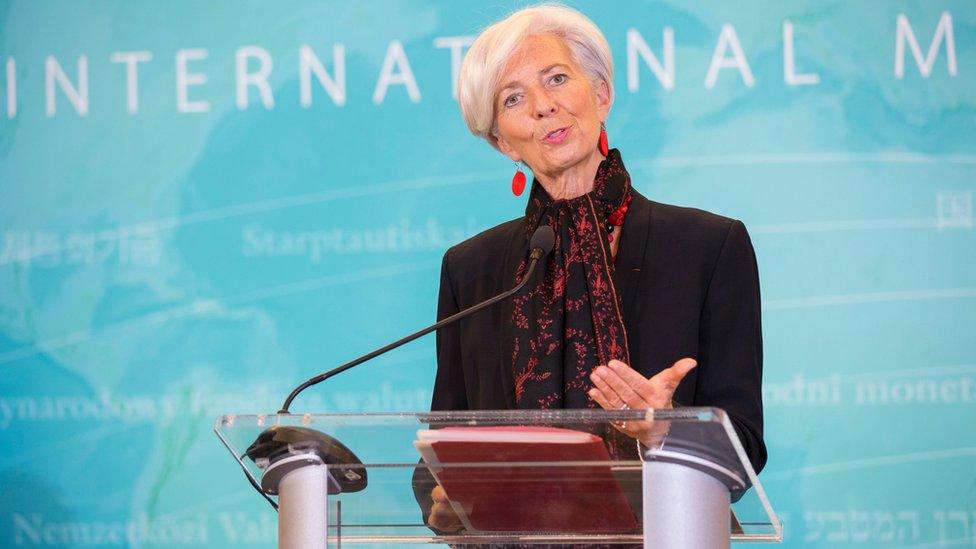
But a run-in with the law certainly affected her predecessor's ability to do his job, albeit under very different circumstances.
Dominique Strauss-Kahn resigned as head of the IMF in 2011 after sexual assault charges were brought in the US, but these were later dropped.
In June 2015 he was acquitted of the charge of "aggravated pimping" - he had acknowledged attending sex parties, but denied that he knew some of the women at them were prostitutes.
In 2015 the home and office of Rodrigo Rato, Mr Strauss-Kahn's predecessor, were searched by Spanish authorities over suspected fraud and money laundering regarding his personal wealth. He has denied the allegations, and investigations are ongoing.
Mr Rato is also to stand trial on corruption charges stemming from his time as chief executive of the Spanish bank, Bankia, which had to be bailed out by the government.
- Published17 December 2015
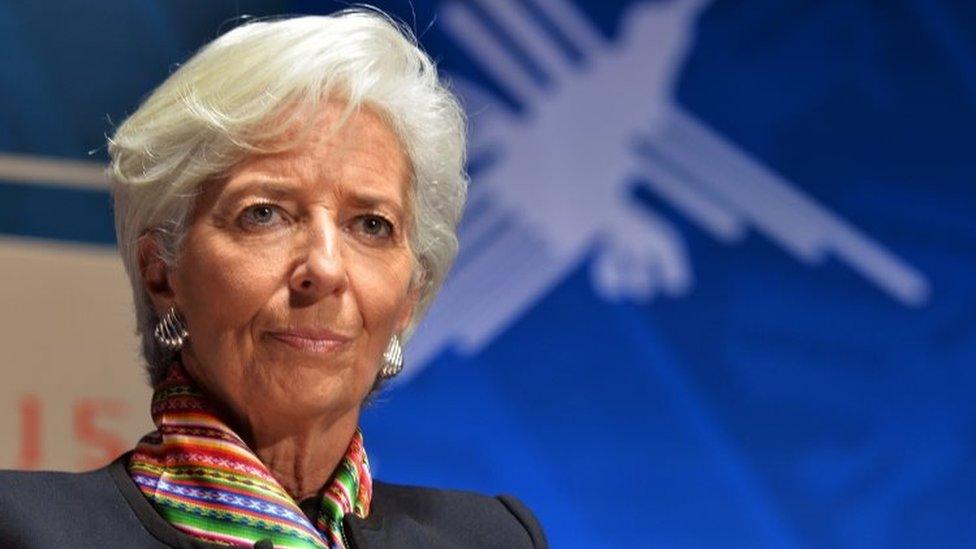
- Published20 March 2013
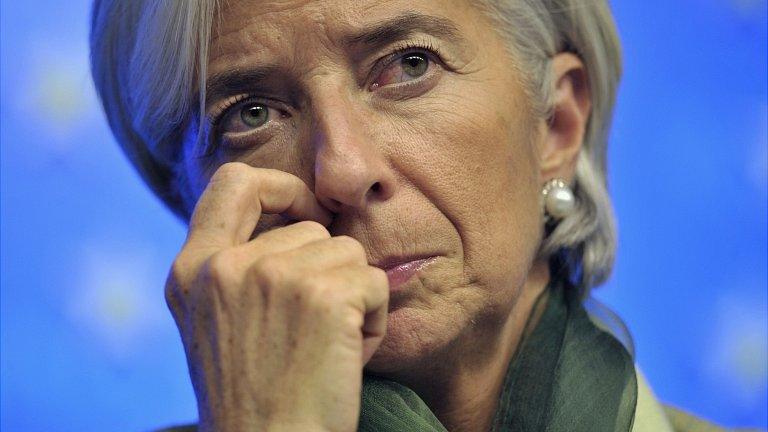
- Published19 December 2016
